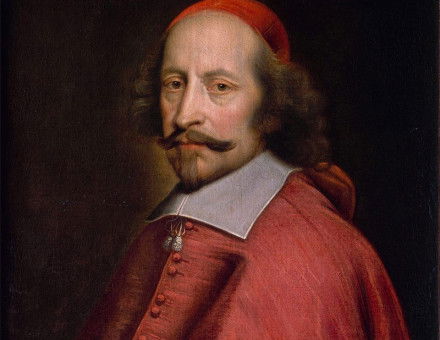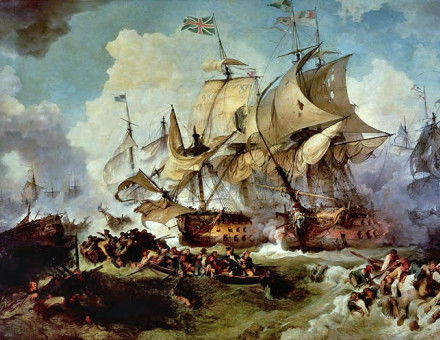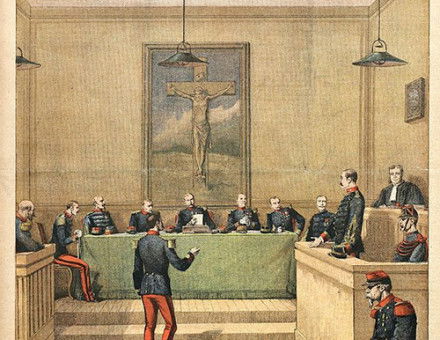English Visitors at Louis XIV’s Court
It is difficult to estimate how many English During the resplendent reign of Louis XIV, many English travellers explored Versailles—among them a philosopher, a famous bishop, a great architect and a gifted diplomatist-poet. Claire-Elaine Engel describes how each has left some vivid personal impressions of the court that revolved around the Sun King.





